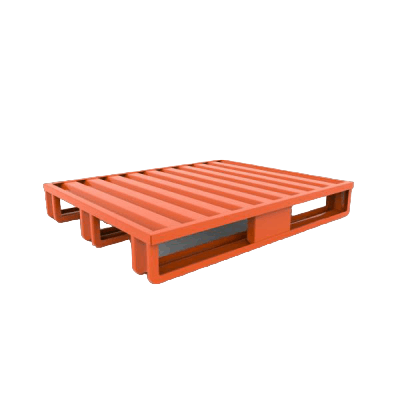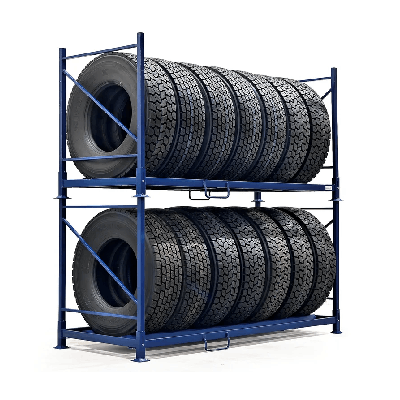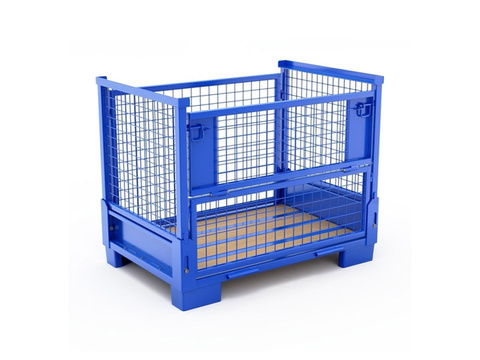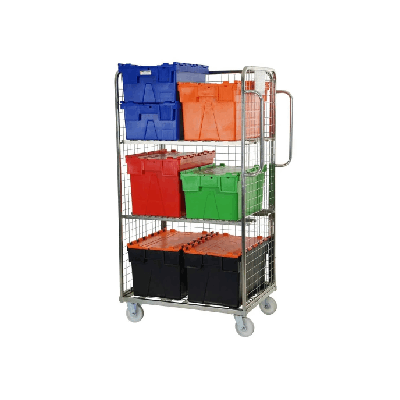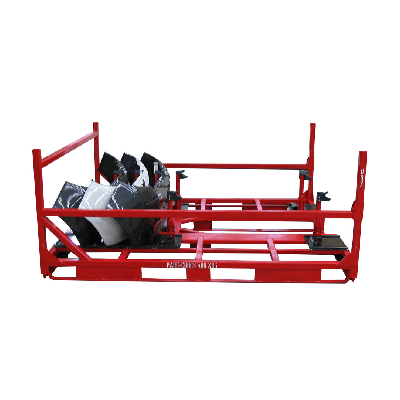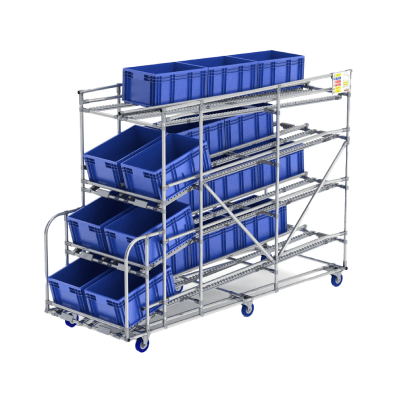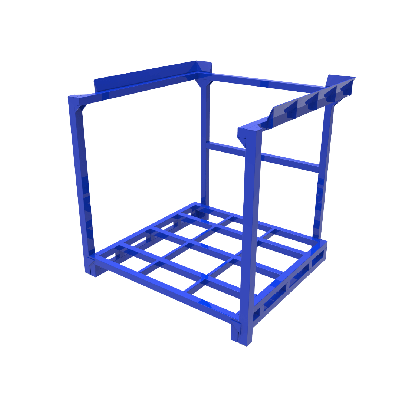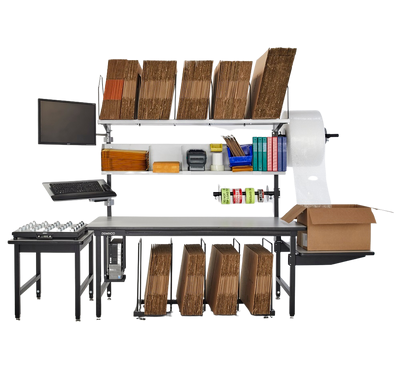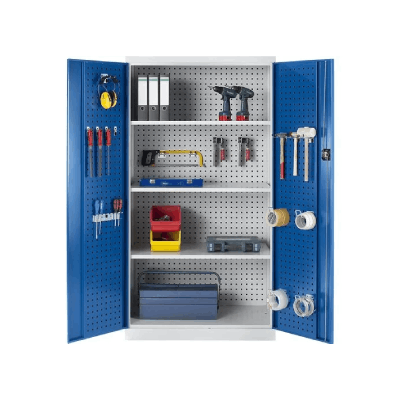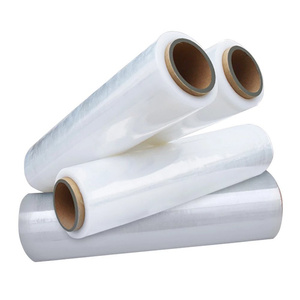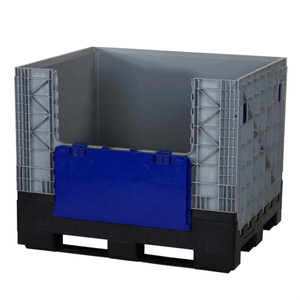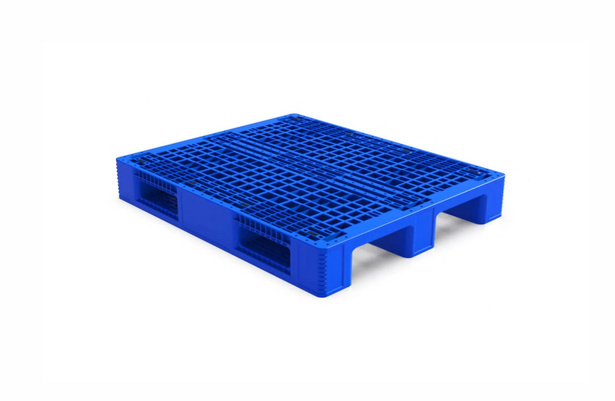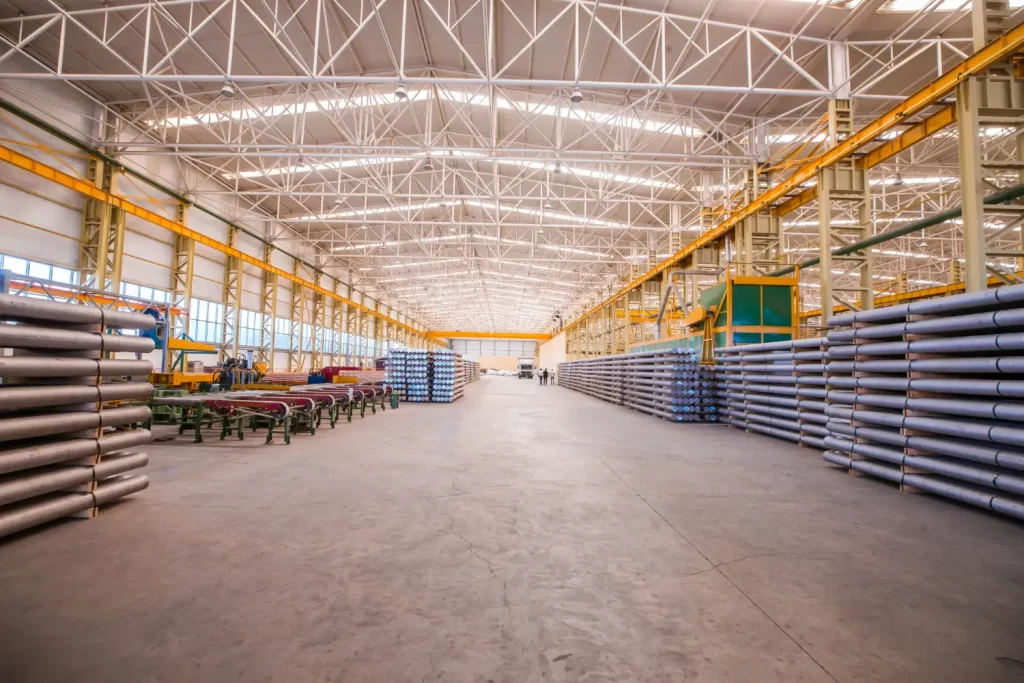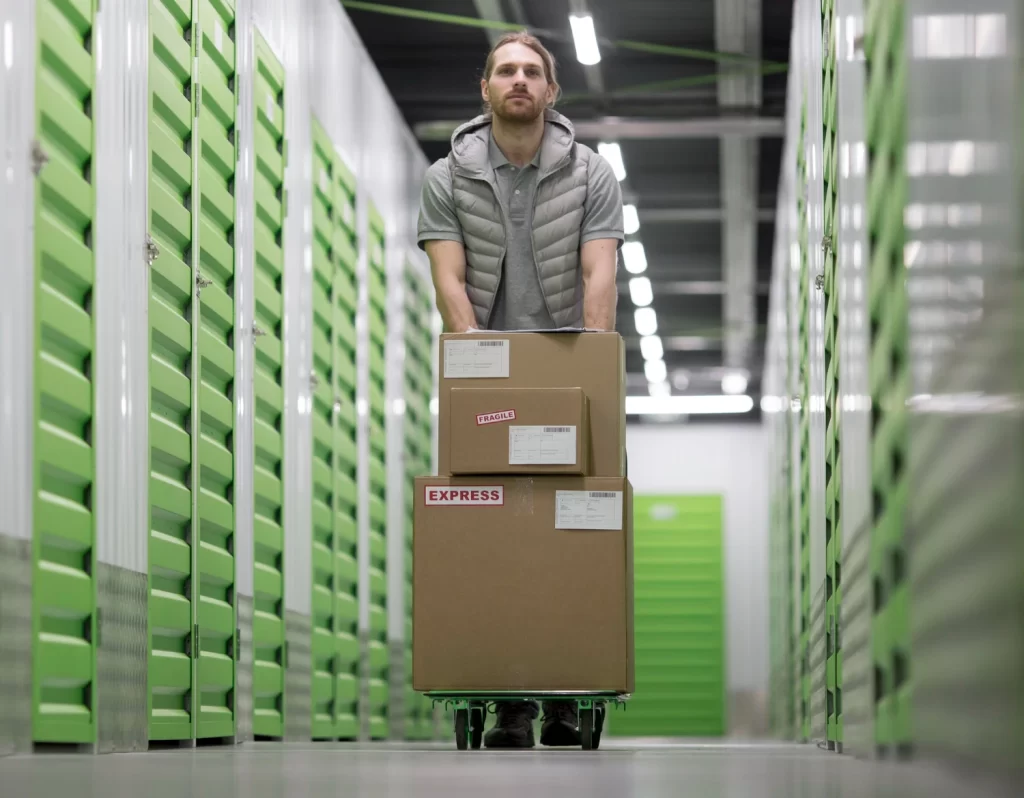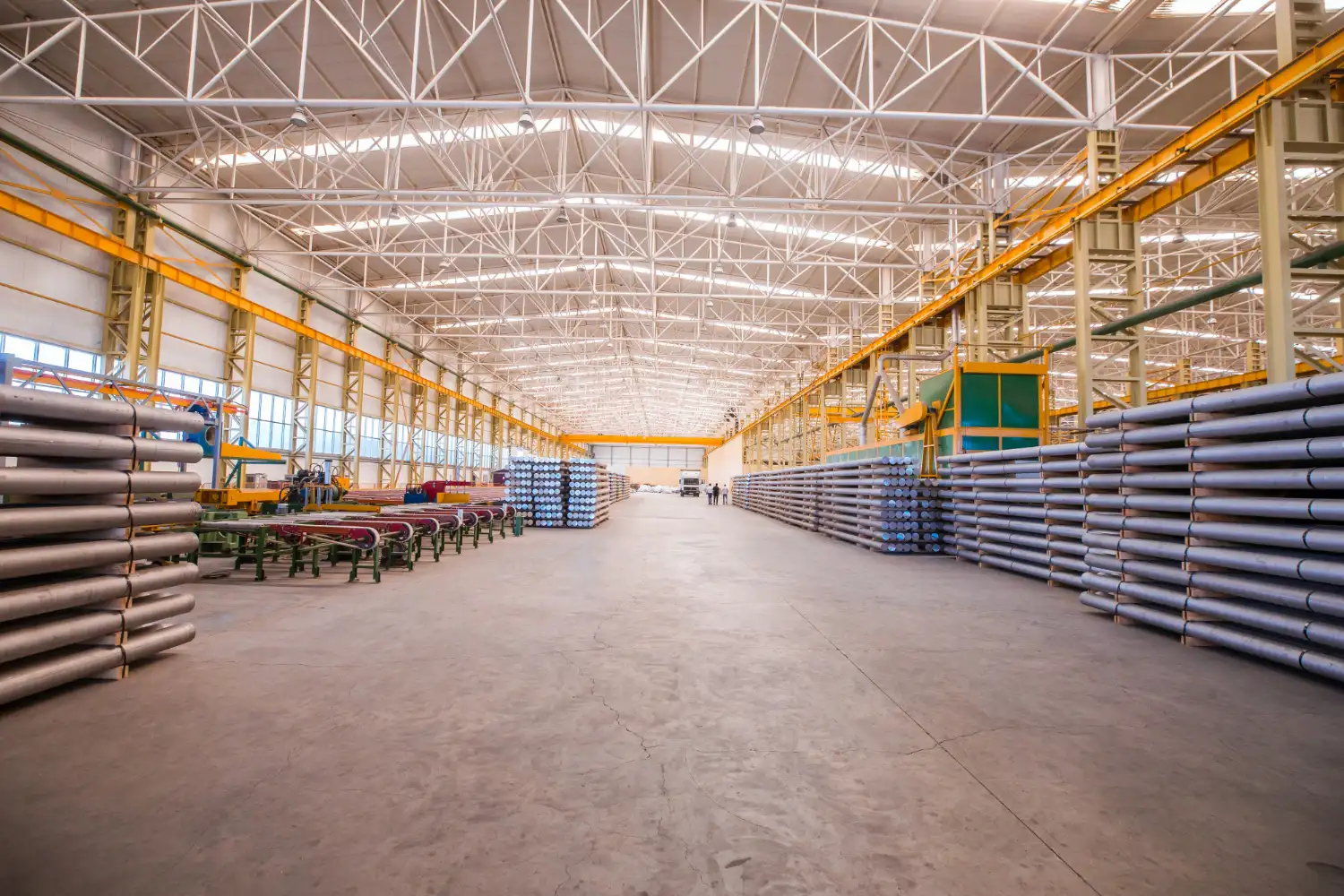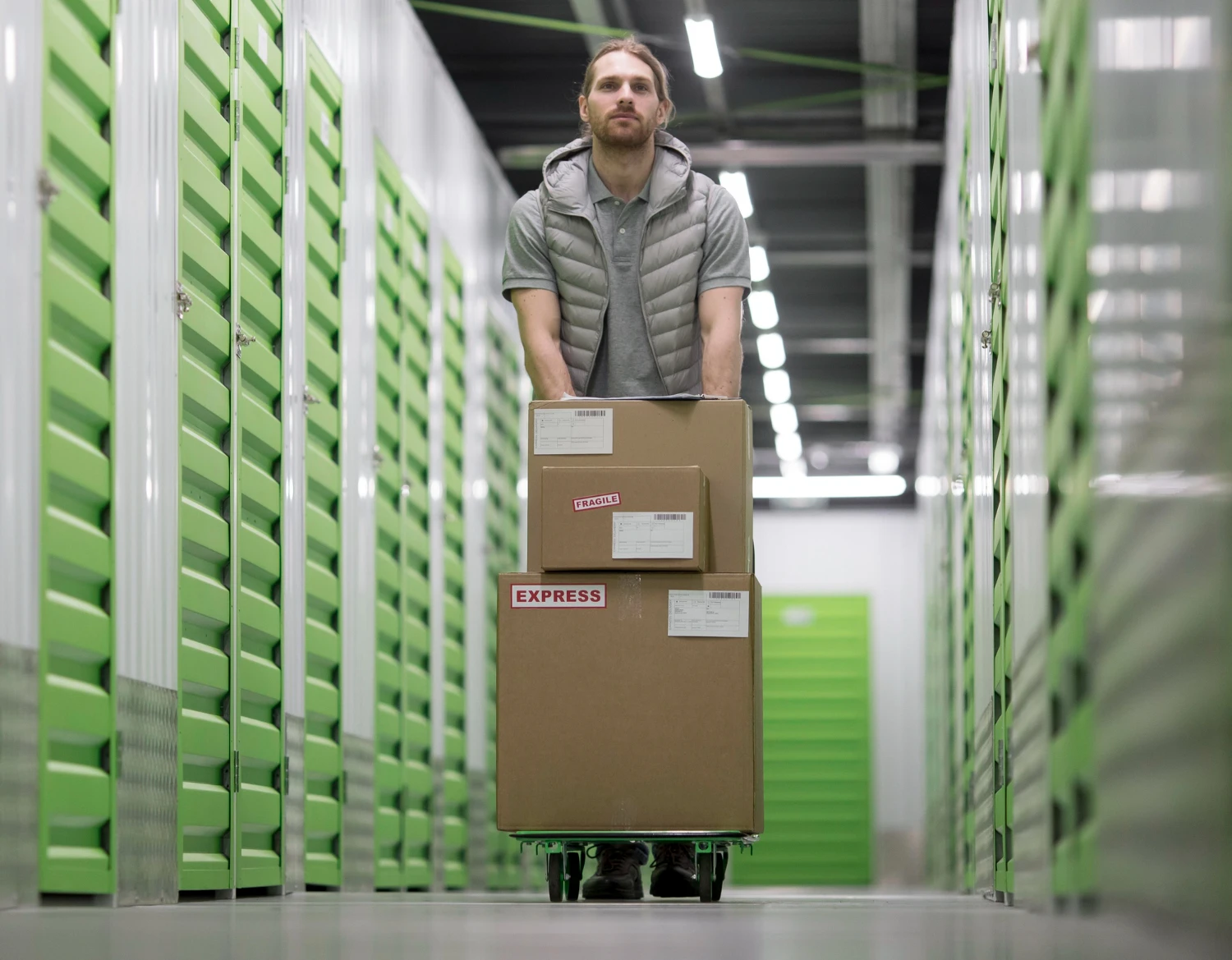Metal pallets have brought about a transformative shift in warehouse storage practices, revolutionizing the logistics industry in unprecedented ways. In the past, wooden pallets were the staple for material handling and storage. However, the advent of lightweight metal pallets has significantly altered the landscape, offering numerous advantages that have revolutionized warehouse storage.
Durability and Longevity:
One of the most significant benefits of lightweight metal pallets is their exceptional durability. Unlike wooden pallets, which are prone to wear, tear, and damage, metal pallets withstand rough handling, extreme temperatures, and moisture without compromising their structural integrity. This durability ensures a longer lifespan, reducing the frequency of replacements and ultimately cutting down on operational costs.
Weight Efficiency:
Despite their robustness, metal pallets are remarkably lightweight. This feature has revolutionized warehouse storage by allowing for increased efficiency in material handling and transportation. The reduced weight of these pallets translates to lower shipping costs, improved fuel efficiency, and easier maneuverability, thereby optimizing logistics operations.
Space Optimization:
Metal pallets are designed with precision to maximize storage space. Their consistent dimensions and uniformity enable efficient stacking, both when loaded and empty. This characteristic facilitates better space utilization within warehouses, enabling higher storage capacities without sacrificing safety or accessibility. Additionally, their structural strength allows for safe stacking of goods to greater heights, optimizing vertical storage space.
Hygiene and Safety:
Unlike wooden pallets, which can harbor bacteria, pests, and contaminants, metal pallets offer a more hygienic storage solution. They are easier to clean and sanitize, reducing the risk of cross-contamination, making them ideal for industries with stringent hygiene standards, such as pharmaceuticals and food storage. Furthermore, their sturdy construction enhances workplace safety by minimizing the risks of splinters, nails, or structural failures that are common with wooden pallets.
Environmental Sustainability:
Metal pallets contribute to sustainability efforts due to their reusability and recyclability. They have a longer lifecycle compared to wooden pallets and can be recycled at the end of their usability, reducing waste in landfills. Their eco-friendly nature aligns with the growing emphasis on sustainable practices across industries.
Adaptability and Customization:
Another factor that has revolutionized warehouse storage is the adaptability of metal pallets. They can be customized to suit specific storage requirements, accommodating various load capacities, sizes, and configurations. This versatility allows for the seamless integration of metal pallets into diverse supply chain systems, catering to the unique needs of different industries and products.
In conclusion, the introduction of lightweight metal pallets has undoubtedly revolutionized warehouse storage practices. Their durability, weight efficiency, space optimization, hygiene, safety, environmental sustainability, and adaptability collectively contribute to enhancing operational efficiency, reducing costs, and ensuring a safer and more organized warehouse environment. As industries continue to evolve, the adoption of metal pallets is set to remain a pivotal element in modernizing and optimizing storage and logistics practices.

